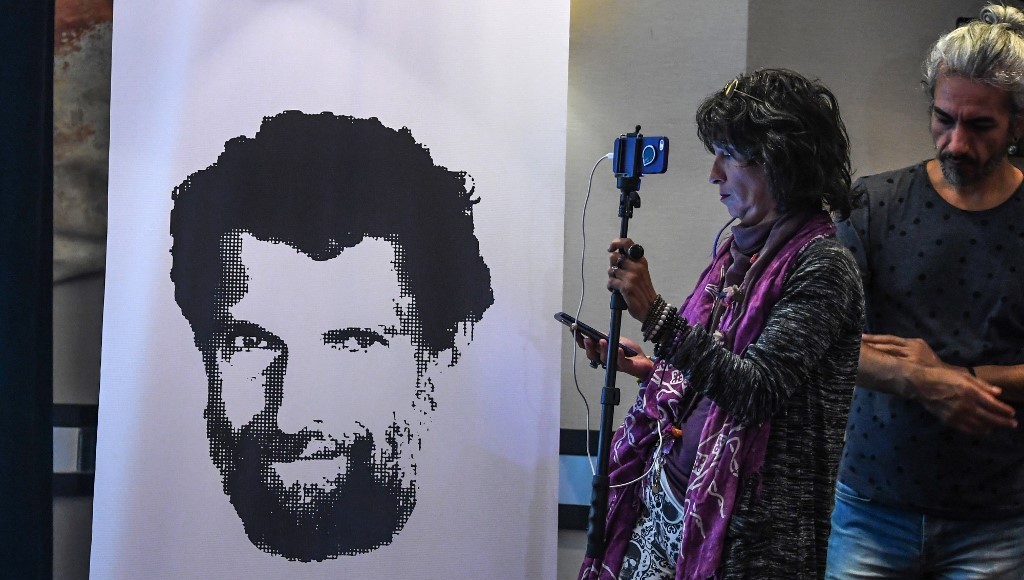Secretary-General of the Council of Europe Marija Pejčinović Burić has urged Turkey to comply with its obligations under the European Convention on Human Rights (ECHR) and release prominent businessman and human rights activist Osman Kavala immediately in line with a 2019 ruling from the European Court of Human Rights (ECtHR) for his release.
Burić was speaking on Monday at a hybrid session of the council’s parliamentary assembly where she underlined the importance of the organization’s two key conventions, which are the ECHR and the European Social Charter. Describing these two conventions as the “soul of modern Europe,” Burić said compliance by member states with rulings of the ECtHR was not a “kind request” but a “binding requirement.”
Referring to the case of Kavala, she said it was “utterly wrong” that the Turkish authorities had still not released him, despite the ECtHR having called for his release in a final judgement last year.
After his detention on Oct. 18, 2017 on accusations of orchestrating and financing the Gezi Park protests in İstanbul in 2013, Kavala was arrested on Nov. 1 on charges of “attempting to overthrow the constitutional order” and “attempting to overthrow the government.”
Although he was acquitted of these charges in mid-February 2020, he was rearrested the same day on charges related to a 2016 abortive putsch in Turkey in a move described by his lawyers as a tactic to circumvent the ECtHR ruling, which said on Dec. 10, 2019 that Kavala’s long pretrial detention was a violation of his rights.
The philanthropist is currently on trial for charges that include “attempting to overthrow the constitutional order” and “obtaining confidential information of the state for political or military espionage.”
He will be sentenced to life in prison if convicted of trying to overthrow the constitutional order, and the espionage charge carries an additional 20 years.

